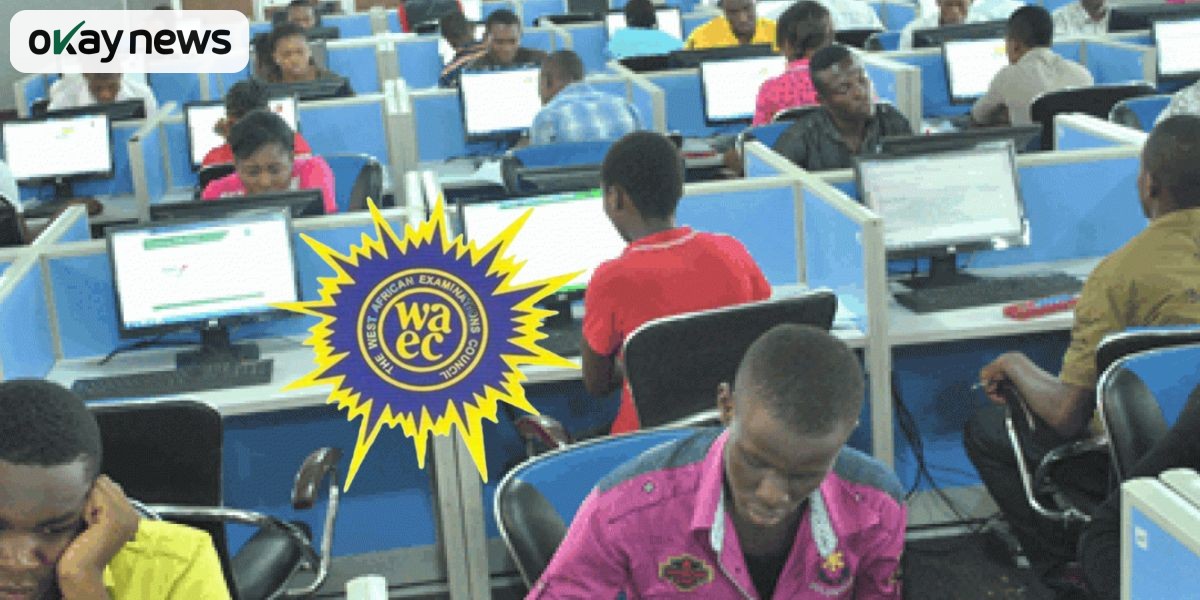The House of Representatives has called on the Federal Ministry of Education and the West African Examinations Council to suspend the proposed plan to conduct the 2026 West African Senior School Certificate Examination using a Computer-Based Testing system.
The resolution was reached after the lawmakers expressed concerns that many schools across Nigeria, especially those located in rural communities, do not have the basic infrastructure, trained personnel, or digital facilities needed for the successful introduction of computer-based examinations.
WAEC, which is responsible for conducting secondary school leaving examinations in Anglophone West African countries, had earlier announced plans to begin a full Computer-Based Testing process for the 2026 May/June session, following a limited trial conducted for private candidates in 2024. The council stated that the initiative aimed to modernise the testing process and align with global digital standards.
However, during a plenary session on Thursday, the House adopted a motion sponsored by Representative Kelechi Wogu, titled, “Need for Intervention to Avert the Pending Massive Failure of Candidates Intending to Write the 2026 WAEC Examination Using Computer-Based Testing (CBT), Capable of Causing Depression and Deaths of Students.”
Leading the debate, Representative Wogu emphasised that the introduction of the Computer-Based Testing system without adequate preparation could have disastrous effects on students and the education sector. According to him, WAEC examinations are crucial to qualifying students for higher education, as universities and colleges require at least five credits, including English Language and Mathematics, for admission.
He reminded the chamber that the WAEC result portal for 2025 had experienced “technical glitches” that temporarily disrupted access to students’ results, leaving many candidates frustrated and anxious. He further expressed concern that the Federal Ministry of Education has continued to insist on implementing the policy despite clear opposition from the Nigeria Union of Teachers and principals of secondary schools in rural areas, where more than 70 per cent of Nigerian students reside.
“The House is cognisant that computer-based examinations require fully equipped halls with functional computers, internet access, and constant electricity — either from the national grid or standby generators,” Wogu stated.
He noted that more than 25,000 schools are expected to present candidates for the 2026 examination, which is to be conducted between March and July, and that the majority of these institutions lack the resources to handle the digital transition.
The lawmaker warned that, unlike the Joint Admissions and Matriculation Board, WAEC candidates are expected to sit for up to nine subjects, including practicals, objectives, and essay papers, which makes the full switch to Computer-Based Testing without preparation unrealistic. He cautioned that such a move could result in mass failure, frustration, depression, and an increase in social problems among students.
Representative Wogu therefore proposed that the policy be delayed for at least three years to allow schools to prepare adequately, suggesting a full rollout in the 2029–2030 academic session.
The House subsequently directed its Committees on Basic Examination Bodies, Digital and Information Technology, Basic Education and Services, and Labour, Employment and Productivity to engage relevant stakeholders and provide a report within four weeks for further legislative action.
Okay News reports that WAEC had earlier intensified efforts to promote the Computer-Based Testing initiative under the campaign theme “CB-WASSCE: New Way, Same Destination,” highlighting what it described as progress made during the pilot phase. Despite this, the call by the lawmakers suggests that a nationwide rollout may now face delays pending further evaluation.







